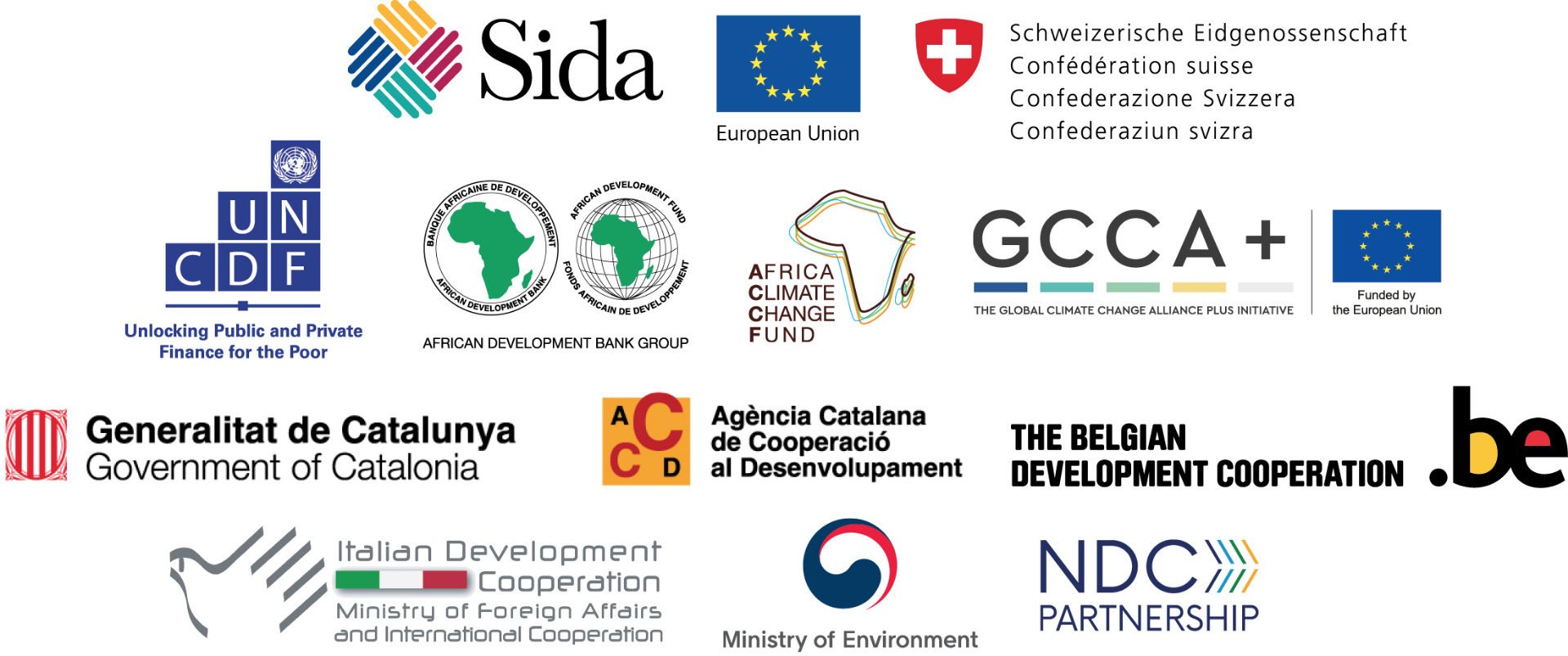
COVID-19 relief ensures water and sanitation needs are central to building resilience in Ghana
Communities in 10 Metropolitan Municipal and District Assemblies (MMDAs) in the Western and Ashanti Regions of Ghana are investing in improved sanitation and water provision to help tackle the COVD-19 pandemic. The investments are part of the GrEEn Project, which is implementing the Local Climate Adaptive Living facility in Ghana to improve reliance and increase adaptation to climate change at the community level. The communities have received some USD 90,000 worth of funding for the purchase and distribution of Personal Protective Equipment (PPEs), construction of sanitation facilities and provision of portable water benefitting some 10,000 people through actions at schools, markets, industrial areas and office places.
“The new borehole has freed community members of the laborious activity associated with fetching water,” said Adiza Sulemani, a resident of Kobiriti, in the Ejura-Sekyedumase District, one of the communities that benefited from the construction of a borehole. “The water from the old borehole was salty and undrinkable but this one is much ‘sweeter,” said Ms Sulemani, adding that the community’s old borehole used to stop functioning in the dry season.

The GrEEn Project, known in full as the “Boosting Green Employment and Enterprise Opportunities in Ghana” is a four-year action from the European Union, the Embassy of the Kingdom of the Netherlands in Ghana and jointly implemented by UNCDF and SNV. The project aims to create greater economic and employment opportunities for youth, women and returning migrants by promoting and supporting sustainable, green businesses in the Ashanti and Western Regions of Ghana. GrEEn is implemented under the European Union Emergency Trust Fund (EUTF) for Africa with funds of 20 million euros.
In Ghana, the GrEEn Project is being used to scale up the LoCAL facility and improve resilience to the impact of climate change at the community level. Using LoCAL’s innovative system of Performance Based Climate Resilience Grants, local governments can access funds for projects and investments that best meet local needs. With the COVID-19 pandemic ongoing, many communities are welcoming increased investment in water and sanitation infrastructure, as well as COVID-19 protective gear.
 Sanitation facilities in Ada East, Ghana ©UNCDF-LoCAL Photo: Edinam_Amewode 2020
Sanitation facilities in Ada East, Ghana ©UNCDF-LoCAL Photo: Edinam_Amewode 2020
The funds support the MMDAs’ plans in response to the COVID-19 in their districts with the construction of mechanized and manual boreholes, supply of PPEs, hand sanitizers, cleaning materials to ensure proper sanitation, as well as the provision of sanitation facilities in selected communities among others,” said Angela Kwashie, UNCDF Technical Specialist (Local Government Finance).
The beneficiary MMDAs in the Ashanti Region are Adansi South District, Offinso North District, Skyere Afram plains District, Skyere Kumawu District, Offinso Municipal and the Ejura Sekyeredumase Municipal districts. In the Western Region, the GrEEn beneficiary MMDAs are the Ahanta West Municipal, Nzema East Municipal, Wassa Amenfi East Municipal and the Jomoro Municipal districts.
“These actions help local communities to overcome the challenges caused by the negative impact of the COVID-19 pandemic, said Enea Stocco, UNCDF Programme Management Specialist. “The positive feedback received by the people benefitting from this activity demonstrates the excellent work undertaken by UNCDF and its government counterparts, calibrated on the needs of the beneficiaries involved in the intervention.”

Article written by Elorm Ntumy with photos by Edinam Amewode and video by Rodney Quarcoo, UNCDF- Ghana © UNCDF/LoCAL 2021
Want to show your support? Share this article: 


Join the LoCAL Network
Visit our site sections
Subscribe to our newsletter
Enter your email below to receive the latest LoCAL updates in your mailbox
Thanks to our partners:
Stay Connected
GET THE LATEST UPDATES TO YOUR INBOX
